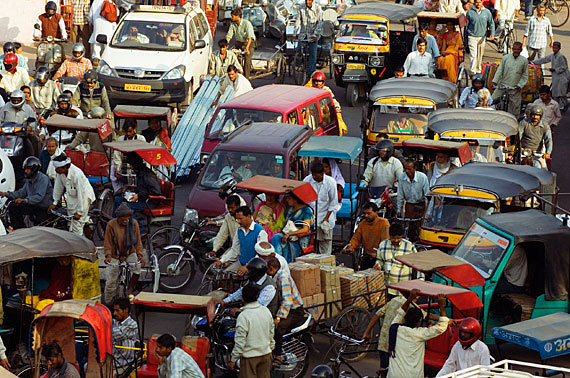When we are born into a family which we don’t choose, but which we feel some sort of emotional connection to, we must assume that either blood is thicker than water, or that shared experience, since birth, is feeding that connection. For me, family is about shared history, and blood is only thicker than water to that extent. Lifelong friends are like brothers or sisters, except we’ve chosen them. If you have a long-lost twin you have rediscovered, or in my father’s case, a long lost half-brother with whom you share a father, perhaps you feel the same friendship.
We grow up in a culture which helps to define our values and behaviour in our formative years, which is a combination of influences for good and bad. We don’t choose to enter that culture, and we might like to leave it behind, but it is still part of us. That’s how I feel about Britain, or England, or London, or perhaps middle-class white South London. It’s also how I feel about having lived through the 1960s and 1970s in that place. It is ingrained in my every pore, and smeared across my every expression and even underlines my every judgement (or maybe I mean undermines). And when we choose to leave, we are not just rejecting the place and the politics, the society and statutes. We are rejecting something deep-seated in the people who want to belong to it. I think that’s most evident in their public utterances, slogans, jokes and outbursts, but it’s very pervasive and everyone feels part of it. When you walk away, you leave a lot behind. You’re telling your friends and relatives that they are in some way wrong or less fortunate because they belong to it. When I leave Britain, I accept that the baby has gone down the plug hole with the water, and I feel slightly bereft, slightly unjust.
We choose where we live, if we can, and that makes the chosen geography and its local culture a positive thing. We might not continue to feel that, as the undercurrents and overtones wash us, but we can always move on, perhaps. We engage in our local culture at a specific life stage, and that plays a big part in how we come to let it change us or how we come to compromise by accepting it. For me, being moulded by my local community and culture is part of choosing to belong, rather than being caught up or caught unawares. It’s local though, not national. I don’t belong to a nation by choosing to live in a country.
We also belong to clubs that would have us as members. Groucho Marx didn’t want to belong to a club that would have him as a member, and it is true that the characteristics of the club – the pack mentality, the cliques and clichés, the bigotry, the brashness of group identity – are odours we must carry around. I have chosen many clubs over the years, to suit my lifestyle and life stage. I’ve ‘bought in’ to their values and objectives. I’ve worked hard for them and accepted aspects of them that I have disliked in order to belong. These clubs have elements in common and yet each has had clearly defined boundaries. I’ve felt that I am in the overlap section of a Venn diagram, sharing the space with members of several clubs and combining their traits, rather than choosing to be in one club’s distinct and exclusive aspects. At best these clubs help to define their members in the community, and at worst, they take power and control from each member, in return for giving them an identity. Not belonging or being ejected from a club is like becoming the black sheep in a family. The need for a public identity, a persona which is recognised in the local community, is stronger when you’re younger, but it’s hard to drop, once you take it on.
So what does it mean to be part of something with which you don’t identify? You are born into a culture which changes. You wake up and realise that you no longer belong, because the values espoused by that culture are not close enough to your own anymore? But let’s be fair. Few cultures are so homogeneous as to be rightly rejected outright. I often wonder how it would be to find myself living back in Britain, and whether I’d choose to revert to my old clubs in white middle-class South London.
Which brings everything round to choosing to become a citizen of another country, to adopting another culture as my own. It was a romance at first. Put on your best clothes, go for dates, tell your best stories, listen hard and try to fit in with tastes and customs. It was an informal marriage then, like living in sin perhaps, which went on and on. Ireland has the attraction to me of a long lost half-brother, and the familiarity of family. I have felt more akin to it than Britain since I first came to visit. It is a club with defined boundaries, but not one which refuses new members, or rejects their ingrained cultural backgrounds. In fact, it is inquisitive and gregarious with outsiders. It is a relatively homogeneous culture with relatively clear boundaries and a set of publicly stated rules of engagement. It is also a place, and one which I’ve chosen, rather than having been thrown into. It is emotionally engaging, like a romantic partner. It is unreasonable like one too. Becoming Irish, through a marriage that is late in the day, is in some ways no more than legitimising a bond which has been there for years. But it is also a statement to myself and to those I love in Ireland that we, Ireland and I, do belong to one another, for better or worse, from this day forward, till death do us part.








